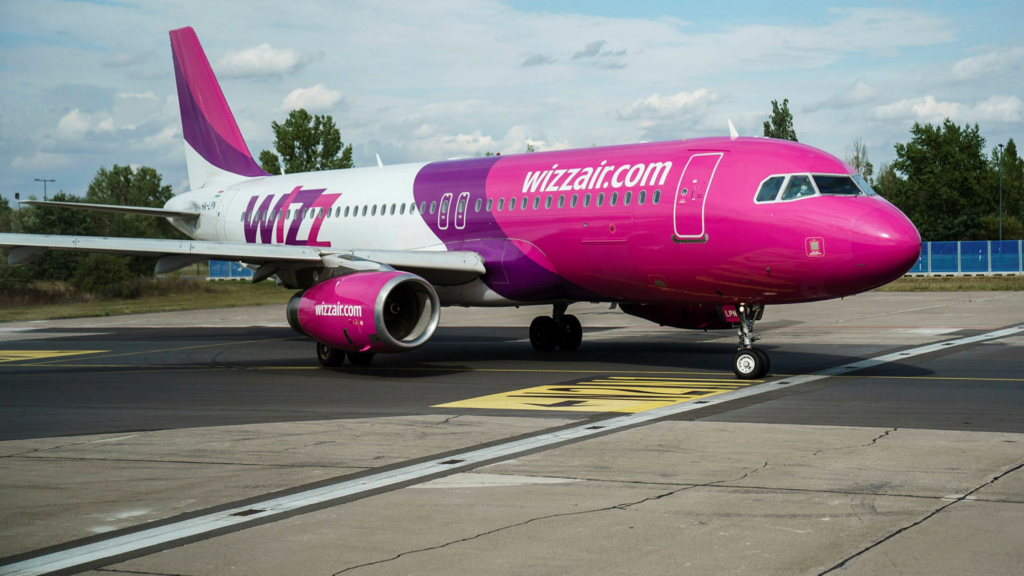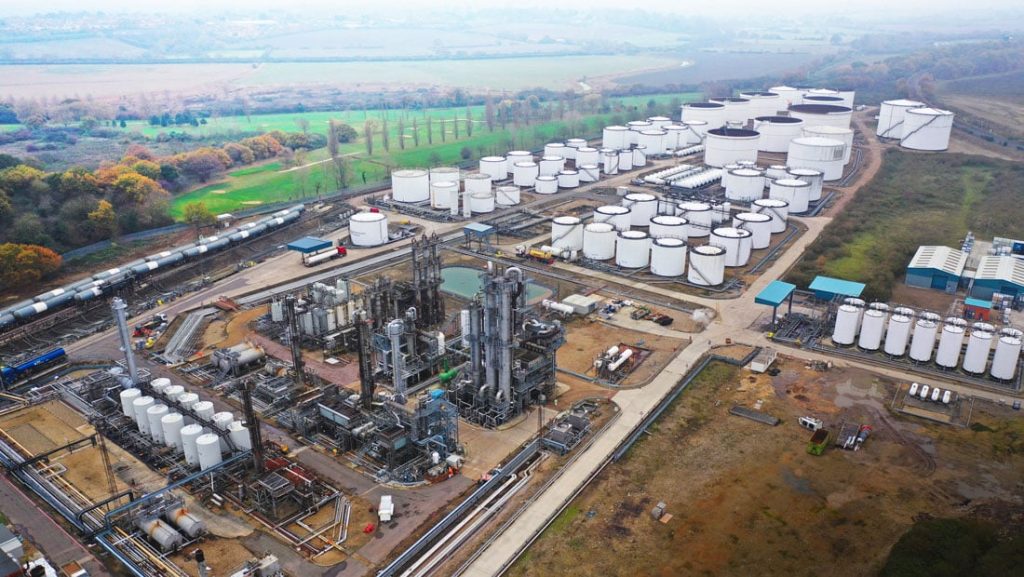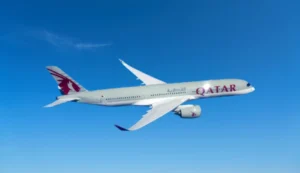Harwich factory to make jet fuel out of faeces in world first
In a groundbreaking move, plans for the world’s inaugural commercial-scale factory dedicated to converting human waste into sustainable aviation fuel (SAF) have been unveiled.

Image Scource: biofuelscentral.com
Biofuel company Firefly has set its sights on establishing the pioneering facility in Harwich, Essex, with aspirations to commence fuel delivery by 2028.
Securing a significant agreement with Wizz Air, Firefly aims to supply up to 525,000 tonnes of SAF over a span of 15 years.
James Hygate, Firefly’s chief executive, acknowledged the unconventional nature of the venture, describing biosolids – the raw material derived from waste water treatment – as “kind of disgusting stuff” yet “an amazing resource.”
He remarked, “We’re turning sewage into jet fuel. I can’t really think of many things that are cooler than that.”
The production of SAF involves a remarkable reduction of approximately 70% in carbon emissions compared to traditional jet fuel. However, the process is notably more expensive.

Anglian Water, a utility company, has committed to supplying the requisite biosolids to Firefly, signaling a significant step forward in sustainable fuel innovation.
Paul Hilditch, Firefly’s chief operating officer, emphasized the abundance of biosolids in the UK, suggesting they could meet “half of the mandated SAF demand in 2030.”
He astutely noted, “And not just the UK of course. Anywhere in the world where there are people, there’s poo.”
Firefly is currently navigating regulatory channels to secure approval for its system to fuel aircraft.
Wizz Air, in alignment with its commitment to sustainability, aims to power 10% of its flights with SAF by 2030.
Yvonne Moynihan, corporate and ESG officer at Wizz Air, underscored the significance of sustainable fuel in curbing carbon emissions from aviation. She stressed the necessity for an escalation in SAF production and urged policymakers to facilitate investment in the sector.
The UK government has set a target for at least 10% of airline fuel to be derived from sustainable sources by 2030, aligning with global efforts to combat climate change.






